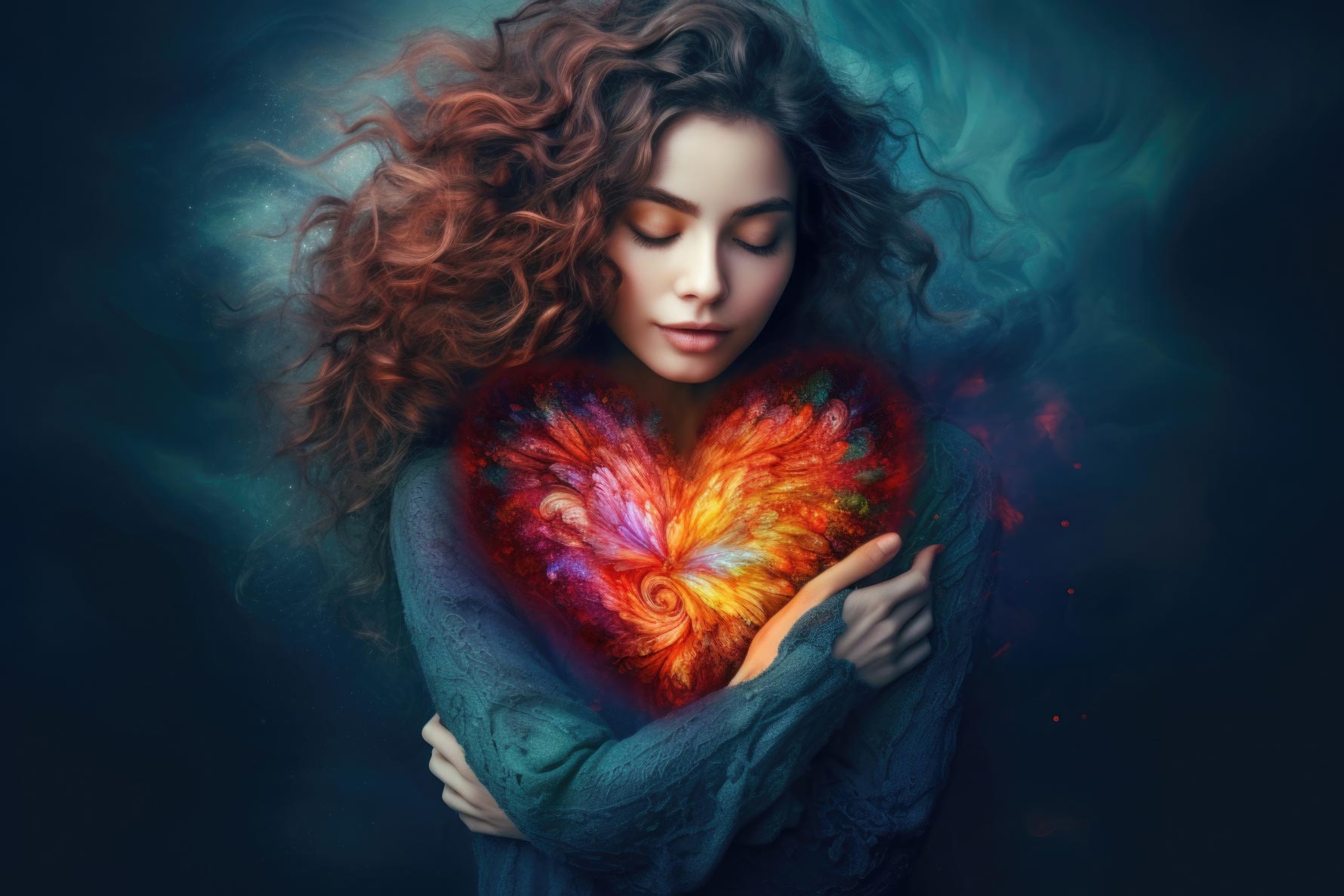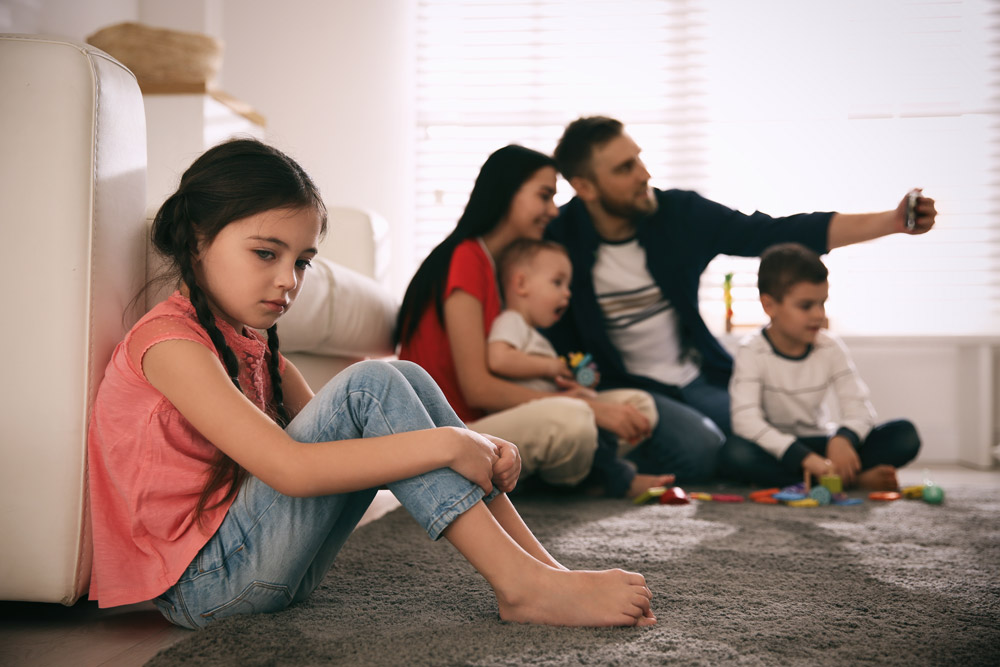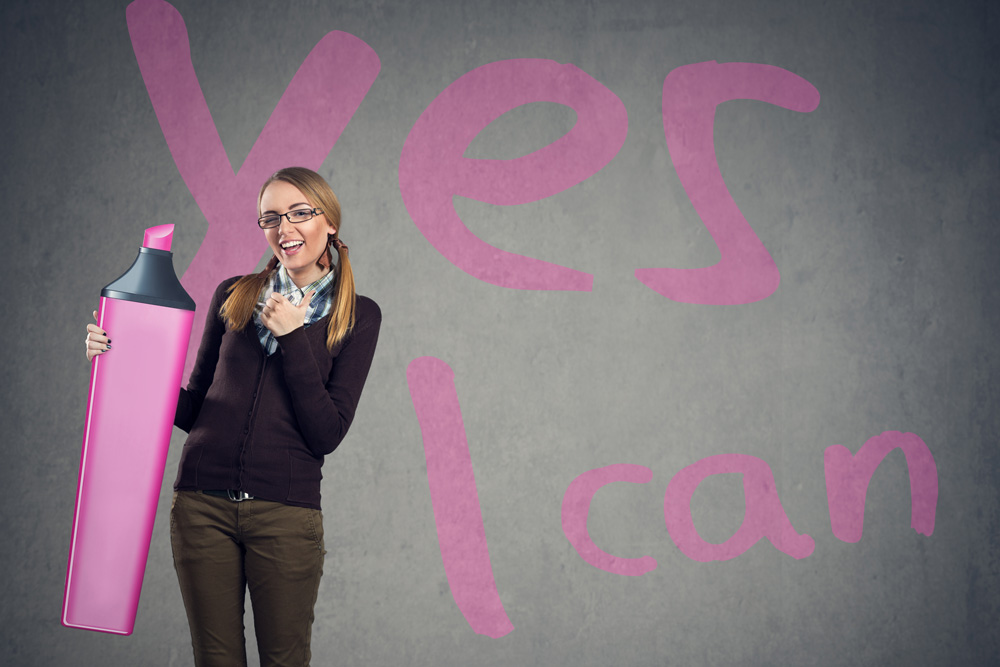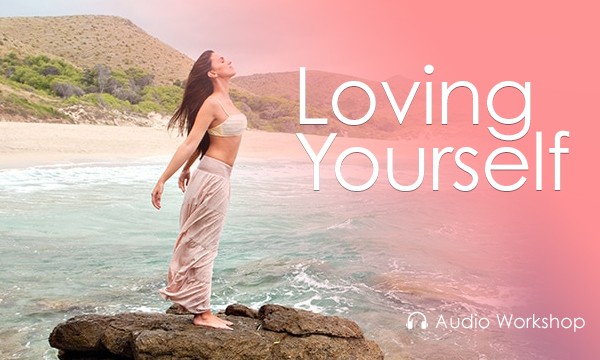Self-Love is the New Love

As the romance industry gears up for the annual celebration of love on Valentine’s Day, a familiar wave of emotion may wash over you. Are you yearning for someone to send you flowers and chocolates, to express an undying love for the wonderful person you are, and not getting anything like that?

Maybe you are dreading seeing your colleagues receive flowers at the office from their one and only or are even secretly thinking about sending flowers to yourself to keep up appearances while that Miley Cyrus song plays on repeat in your mind.
Are you definitely staying as far away as you can from social media for the next couple of days, and watching someone’s romantic highlight reel makes you think that you could never experience that. Because deep down inside you think of yourself as unloveable and unworthy.
Society has a way of imposing standards that tie our individual worth to external factors like youth, beauty, wealth, power, romantic relationships, and status. If your self-worth is entangled in these external markers, a persistent feeling of inadequacy, the perpetual “I’m not good enough,” may run rampant in your mind.
This mindset can lead to constant comparisons and feelings of jealousy because you think the grass is greener on the other side.
Did you grow up in an environment where your siblings upstaged you, or your parents belittled your actions and dreams? Were you teased or bullied at school, creating a belief that you were somehow unlovable and alone? These early experiences can disturb your adult life, negatively affecting your personal and professional relationships.

Maybe now is the time to get emotionally honest with yourself and stop trying to numb your feelings through binge-eating, excessive drinking, or going on yet another expensive shopping spree.
Avoiding discomfort, sadness, and pain only perpetuates the cycle of self-deprecation. It’s time to understand what loving yourself really means.

Self-love isn’t a narcissistic focus solely on yourself without considering the feelings of others, or being on an eternal high where negative emotions are gone. Instead, it involves doing away with the incessant self-criticism and ending the harsh self-judgment about your appearance, identity, and life choices.
Loving yourself may entail making bold decisions—ending an abusive relationship, confronting those who have hurt you, seeking a job that validates your talents, or starting a recovery program for substance abuse. It involves acknowledging and feeling your pain, recognizing that healing often begins by addressing the wounds from your childhood.
Believing negative self-perceptions may seem easier than appreciating your worth because that is how you’ve been wired all your life.
Here is the good news: Changing your beliefs and consequently your self-perception creates a positive impact in your life.
Trusting your intuition and gut instincts is critical in this transformation. If you’re going to love yourself, it really helps to believe in yourself—to that intuitive inner voice that you may have been overriding all these years. Your Higher Self is a conduit of pure unconditional love, accessible to you at all times through meditation, prayer, nature, or any other method that works for you.

Tap into it and you will know that you are loved beyond measure by the Divine, the Source that created you; this pure unconditional love is available to you at all times. This way you’ll be able to forgive yourself for any perceived shortcomings – after all, do you know anybody who is perfect? And you’ll be able to love yourself and others.

We attract into our life what we are in vibrational harmony with. So imagine feeling good about yourself, loving yourself, doing kind things for yourself, and projecting that energy out into the world.
It won’t matter how you spend Valentine’s Day. It won’t matter if you bought yourself flowers because they are for a very special person – you.
If you enjoyed this article you might also enjoy my Loving Yourself Audio Workshop where I guide you on the important first step to healing the relationship you have with your Self.

